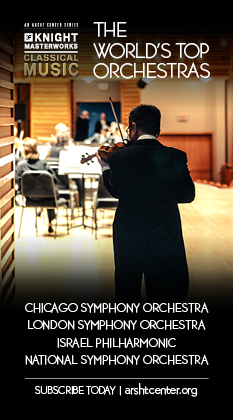Fidel goes to the opera

Opera has always seized upon controversy, strong emotions, unbridled passion, and Grand Guignol. Berg’s Lulu, for example, introduces Jack the Ripper as one of its characters, Turandot has her would be lovers beheaded when they fail to solve her riddles, Harvey Milk, a gay councilman in San Francisco is slain, Dr. Atomic is about the father of the A-bomb, and Aubert’s 1828 opera, Muette De Portici, may have helped create a revolution.
Composer Anthony Davis, whose latest opera, Revolution of Forms, concerns itself with Fidel Castro and the development of the arts movement in post-revolutionary Cuba, has already given us The Life and Times of Malcolm X, Tania (based on the abduction of Patty Hearst), and Amistad, about slavery and freedom, is certainly no stranger in tackling controversy, political repression, and emotional angst. He takes his subjects straight on, and confronts us with political causes, good and bad.
Tuesday night brought together Mr. Davis along with Florida Grand Opera young artists, UM faculty, alumni and the Frost Opera Theater Chorus in presenting excerpts from Revolution of Forms, an unfinished work-in-progress.
Without a complete staged performance, it’s difficult to evaluate the true effectiveness of this Davis opera. On the basis of what was heard Tuesday, the piece is an eclectic amalgam of jazz, Latin pop, Stravinsky-like chugging rhythms, and minimalist tricks of the trade. That may cover a wide territory, but so does Davis’s Revolution. The music seems to work best when the accompanied dialogue, or song-speech, is advancing the action. Otherwise, things settle into an endlessly repetitive set of rhythmic patterns that may challenge the endurance of many listeners. Even when you latch on to a good thing it’s important to know when to quit.
Two pianos and a drum trap set, formed the orchestra for this performance. Cuban-born Dafnis Prieto, who is also listed as co-composer of the opera, was brilliant in the execution and variety of sounds he drew from his percussion instruments. Prieto performed a drum solo that nearly brought down the house, and joined Davis for a jazzy duet, complete with displaced accents and a strong improvisatory feeling.
The choral writing was mostly monophonic and declamatory. Their outbreaks were handled with zest and gutsiness. Jo Lynn Burks was effectively sultry as an American woman, laying it on thick as a chanteuse. Other roles, from Fidel to Che Guevara were managed with complete professionalism, although the vocal writing is neither easy nor grateful to the ears much of the time.
The first part of the program presented a short scene from Davis’s Life and Times of Malcolm X , in which tenor Thomas Young handled his jazz interjections with great character. Davis gave himself a substantial piano solo in his own Goddess Variations, with its cragginess and sharp contrasts. It was not dissimilar to Copland’s Piano Variations, with a similar angularity in the writing.
Posted in Performances
2 Responses to “Fidel goes to the opera”
Leave a Comment
Thu Apr 2, 2009
at 12:20 am
2 Comments




Posted Apr 03, 2009 at 10:34 am by Dan the Music Master
Looks like a high energy work. The Stravinsky and Copland influeces sound appealing
Posted Apr 03, 2009 at 6:31 pm by Eddie
Viva Che Guevara !